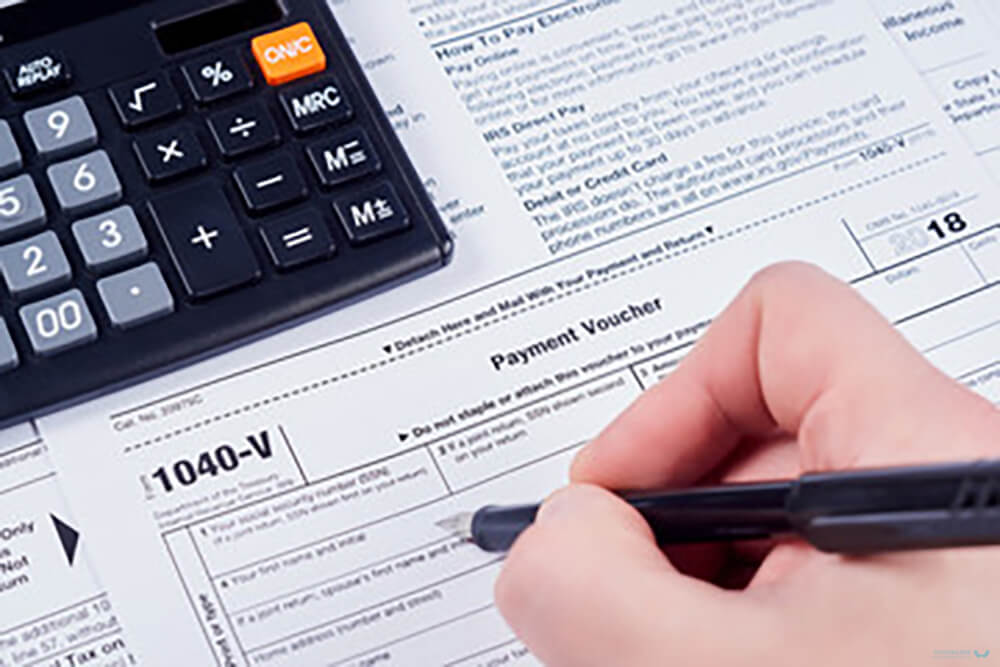The financial world includes a variety of documents that play an important role in facilitating transactions and operations.
Among these documents is the receipt voucher and many other financial documents.
To learn about the definition of each of them and how to benefit from them optimally and the difference between the receipt voucher and other financial documents,
we offer you the most important information in our CFOONLINE office and we always serve our clients with the best experienced financial accountants who are ready to provide free consultations.
Definition of warrant of arrest
A receipt is a legal document that gives its holder the right to collect a certain amount of money from the person or entity listed on the document.
The main types of receipts
There are many different types of receipt notes and they differ based on the bank or financial entity issuing them. The main types include:
- Renewable bonds
- and convertible
- and negotiable.
How to make the best use of vouchers
A receipt voucher is an effective tool for managing financial risks and preserving liquidity. It can be used as a short-term financing tool or even as part of an investment diversification strategy.
Other top related articles:
_ The most important types of arrest warrant in Saudi Arabia
_ The arrest warrant, its concept, types, and how to prepare for 2023 AD
_How to prepare a receipt voucher for 2023 AD
Definition of other financial documents
Other financial documents include many documents such as:
- checks
- Payment orders
- bond
- Securities and Entitlements.
The main types of other financial documents
Other financial documents vary greatly and depend on their purpose and the entity issuing them.
How to make optimal use of other financial documents
Strategies for using other financial documents vary based on the type and purpose. Most important is understanding the costs and benefits associated with each type.
The difference between the receipt voucher and other financial documents
Although both a receipt voucher and other financial documents can be useful in a variety of financial contexts, they differ widely in purpose and use.
Differences in purpose and use
While the receipt voucher is primarily intended to facilitate collection, other financial documents may be intended for a broader range of purposes such as payment, trade, investment, loans, and others.
Differences in monetary value and legal effect
A receipt voucher carries a specified financial value and can be transferred and traded. Other financial documents may carry a variable financial value and may be associated with a variety of legal obligations.
How to choose the right financial document for your needs
The optimal choice of financial document depends largely on the purpose of its use. It is best to consult a financial analyst or consultant for proper advice.
Tips for choosing the optimal financial documents
It is essential to understand the nature of the financial document and its associated costs and benefits. The associated risks and how to manage them must also be considered.
Common mistakes in choosing financial documents and how to avoid them
Common errors include the following:
- Over-reliance on one type of financial document and a lack of understanding of the associated costs and risks. These mistakes can be avoided through careful financial analysis and proper diversification.
Other articles that many are looking for:
_Examples of electronic forms of receipt voucher, how to benefit from technology
_Document of receipt of an amount and its importance in financial transactions in Saudi Arabia
_Arrest bond problems and effective ways to solve them 2023 AD
Journal entry, receipt voucher and exchange voucher
In simple terms, the difference between the daily entry, the receipt voucher and the voucher of exchange can be explained as follows in the form of a table:
| document | the goal | the details |
|---|---|---|
| daily entry | To document all financial transactions that occur in the business. | These records are detailed and include revenues, expenses, assets, liabilities, and capital. |
| receipt voucher | To document receipt of money or material values from another person or facility. | The receipt includes details such as the name of the person or entity that paid the money, the date, amount and purpose of the payment. |
| Exchange voucher | To document the payment of money or material values to another person or facility. | The disbursement voucher includes details such as the name of the person or entity that received the money, the date, the amount and the purpose of the payment. |
So, we can say that the receipt voucher and the exchange voucher are stages of detailing the journal entry, as they are used to document specific transactions of receiving or paying money,
while the journal entry is a comprehensive record of all financial transactions in the company.
Conclusion:
Receipt vouchers and other financial documents provide useful tools for executing and managing financial transactions. Despite the differences between them,
understanding these differences can help you make better and more proactive financial decisions.
Therefore, for those who wish to have their financial transactions organized and accurate, they must seek the help of accountants with great experience in the CFOONLINE office, the approved financial office in the Kingdom.
The most important sources:





